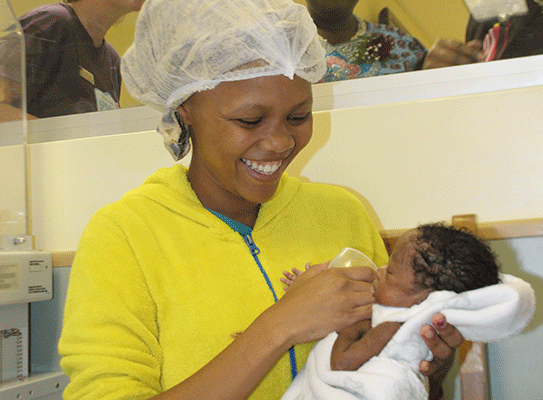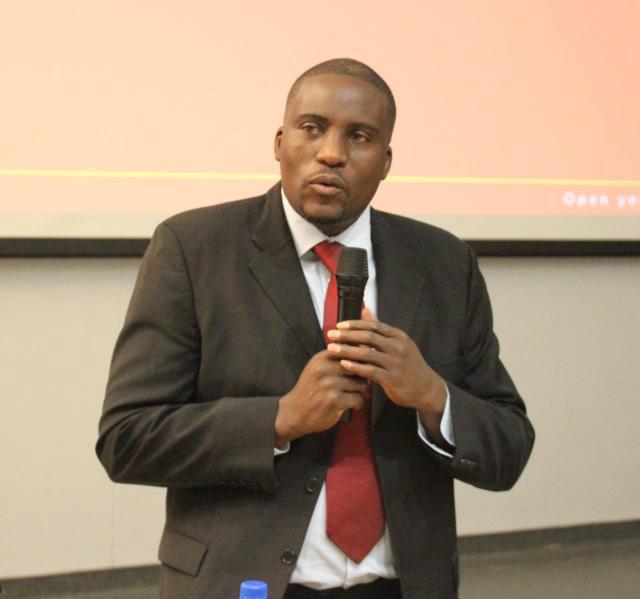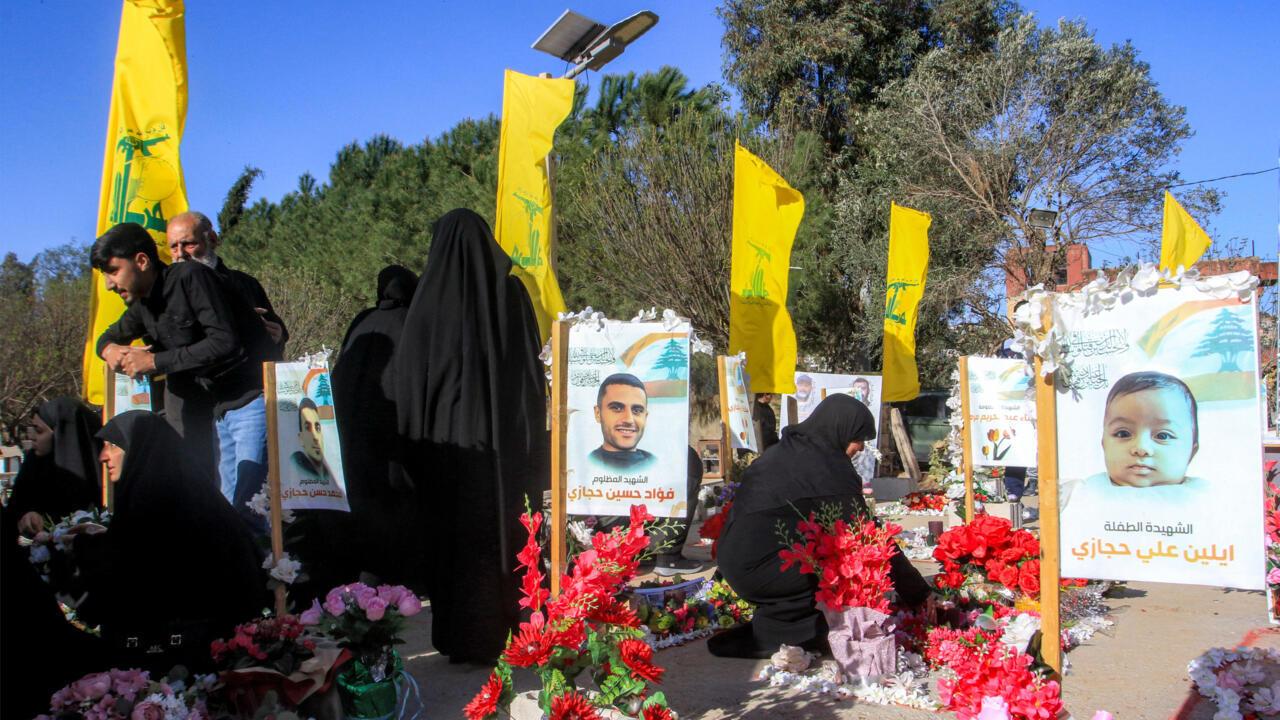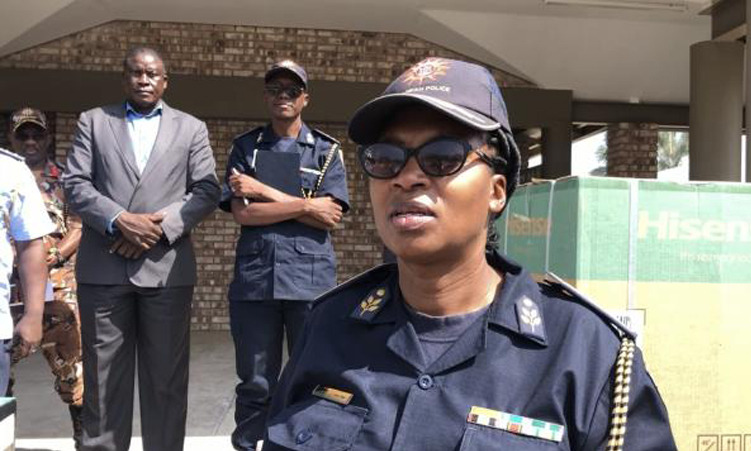SOME people say the delivery or baby ward is a happy place compared to the rest of the hospital, because there you often find happy parents and even happier grandparents.
Last week was World Prematurity Day, and spent almost the whole of the morning at the prem unit, feeling overwhelmed by the beeping monitors, the strong smell of methylated spirits, incubators and most of all, the tiny babies.
Walking through the units from the intensive care unit (ICU), isolation unit and the baby room was somewhat depressing, seeing all these tiny babies surrounded by all the equipment. But the mothers seemed comfortable as they changed, fed and handled their premature babies.
In the isolation unit, we met 20-year-old Geraldine Garises, wearing bright yellow pyjamas. Her baby, Blessed, only weighed 700 grammes when she was born. Today, Blessed weighs 1,2 kilogrammes.
Garises said she gave birth when she was six months pregnant, and she thought she was going to lose the baby.
“When your baby is born prematurely, you have no choice but to cope emotionally or physically without preparing yourself. When I saw Blessed for the first time, I was in a big shock. She was tiny. I did not think she was going to make it because of health problems, and the things we hear about premature babies,” Garises said.
According to health ministry statistics, it is estimated that 54% of newborn deaths in Namibia are attributable to pre-term birth and low birth weight.
The statistics also show that in 2000, Namibia recorded a neonatal mortality rate of 32/1000 live births.
In 2006, the number had dropped to 20/1000 live births. The health ministry, however, says they are striving for a target of 10/1000 live births in 2018.
The deputy minister of health, Juliet Kavetuna, said premature infants who survive, potentially face a lifetime of disability or chronic illness.
“Premature babies are extremely sensitive and require the utmost dedication, skills and support during the neonatal period as their brain, lungs, heart, eyes, ears and stomach are not mature to adequately deal with life outside the womb. Thus, many children born too early experience long-term and life-challenging conditions,” Kavetuna said.
She added that because of the many challenges premature babies face, her ministry is not waiting for better days.
“No! On the contrary, we are actively involved and preparing the way for a better future for mother and child.”
The unit matron, sister Theresia Bock, said this year they decided to dedicate the day to the mothers and fathers of the premature babies, and added that the theme this year is ‘Let them thrive’.
She further stated that they are serious about kangaroo mother care.
“As you can see, most mothers are keeping their babies very close to their chest, keeping the infants warm and safe. This also improves feeding by providing breastfeeding support to mothers and their babies, also by providing basic respiratory support and infection control interventions,” Bock said.
A World Health Organisation (WHO) ‘Born Too Soon’ report identifies low-cost strategies which can be employed locally to improve the survival and health of infants born prematurely.
WHO further advocates skilled frontline workers, especially the staff working at maternity units in and around Windhoek.
Although some mothers are happy to be with their premature babies for 24 hours, others are not so keen on spending time in the unit because most mothers are struggling with babies with life-threatening illnesses or surgeries and even death.
Ndapandaomwene Iyambo, (21) gave birth to twins in October, and they weighed 955 grammes. One twin died four days later. She is depressed, and just wants to leave the unit with her baby.
“I do not want to be here. I want to go to another unit, but they are telling me my baby is still too weak. I do not care. I just want to leave. I do not want to be in here,” Iyambo cries as Kavetuna tries explaining to her that she must wait a few more weeks until the baby is strong.
Bock added that not only do the doctors and nursing staff make sure the premature babies are healthy; they have a responsibility to the mothers as well.
“It sometimes gets too much for the mothers and fathers. Our social workers are always available when we need them,”
Kevin Brandt, a 22-year-old father, also agreed with Bock, saying the mothers go through a lot, and as fathers, they should support them.
The WHO’s report further shows that every year, approximately 15 million babies worldwide are born too early. Sixty percent of these preterm deliveries occur in Africa and South Asia. Each year, one million of these premature babies also die of complications.
Stay informed with The Namibian – your source for credible journalism. Get in-depth reporting and opinions for
only N$85 a month. Invest in journalism, invest in democracy –
Subscribe Now!










